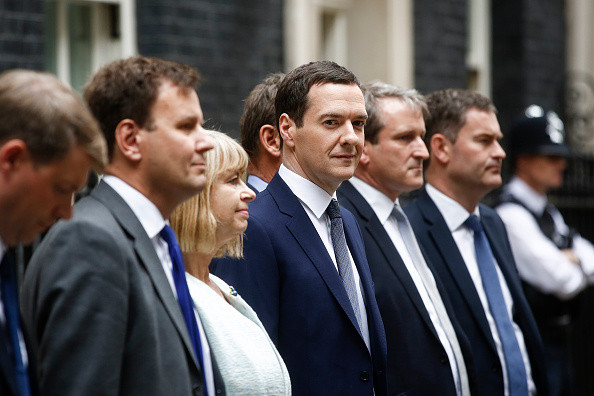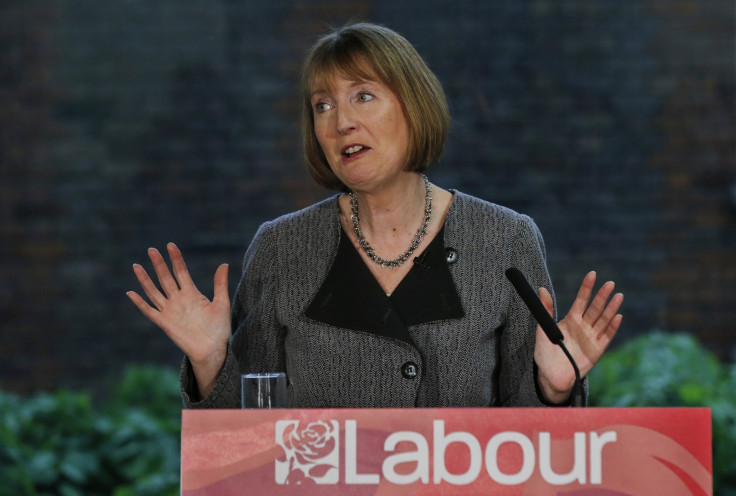William Keegan: George Osborne child tax policy is social engineering
The British Labour Party is struggling, not for the first time in its history, after a resounding general election defeat.
When I say 'resounding' I mean that under the British 'first past the post' electoral system, an electoral defeat looks much worse, in terms of constituency seats lost, than it would by comparing the number of votes cast, or the proportions of the total electorate.
But here we are. The recent election was generally interpreted as a disaster for Labour, and the largely Conservative media have been having a field day dancing on what some of them regard as Labour's grave.

Things are not helped by the fact that under the Party's complex procedures for choosing a leader, nothing will be decided before September and commentators just love looking everywhere for 'splits'. Now, thanks to Chancellor George Osborne's Summer Budget, they have a beauty.
The main point is that Labour leaders - or rather the temporary leader and the surviving contenders - have been thrown into disarray by that budget as, needless to say, Osborne intended.
The perfect example is Osborne's proposal that from 2018 onwards, the Government discontinue giving what are known as 'child tax credits' for more than two children in any one family.
This is a blatant and unashamed attempt at social engineering. Children do not choose to be born.
The proposal has evoked comparisons with China's notorious 'one child' policy - even from one leading commentator Matthew d'Ancona who is broadly supportive of the Conservatives.
The child tax credit is essentially a development of the 'family allowances' that were an integral part of the 1945 - 51 Labour Government's 'welfare state' under Prime Minister Clement Attlee. The idea that it was the Government's duty to help families with children was accepted by the Conservatives as well for decades after the second world war.

However, so nervous is the Labour Party in reaction to its electoral defeat that deputy leader Harriet Harman - temporarily in charge until the new leader is chosen - has actually declared her support for Osborne's proposal.
This goes against the grain of almost everything the Labour Party - and indeed traditional 'One Nation Tories' such as the late Harold Macmillan (prime minister 1957 - 1963) - have stood for over the years, not least with regard to policies to alleviate poverty.
Thus three of the four candidates for the Labour leadership - Yvette Cooper, Andy Burnham and Jeremy Corbyn - are firmly opposed to the two child policy.
For those with long memories the policy evokes the time that a serious contender for the Conservative leadership, Sir Keith Joseph, managed to lose the plot in the mid 1970s.
At the time Joseph was considered a much more serious candidate for the Conservative leadership than Margaret Thatcher, but he advocated policies of high unemployment. He also ventured into the world of 'social engineering' with proposals to discourage the formation of large families among the poor.
This prompted a memorable comment from one Conservative MP at the time: "First he wants to make the lower orders unemployed; now he wants to castrate them."
Gross exaggeration of course, but it made a point. Osborne is entering unpleasant territory and the majority of Labour's leadership contenders are right to stand up and be counted.
William Keegan is a journalist, academic, and the senior economics commentator at The Observer. He has published his latest work – Mr Osborne's Economic Experiment - Austerity 1945-51 and 2010 (published by Searching Finance) – which can be purchased on Amazon.
© Copyright IBTimes 2025. All rights reserved.






















